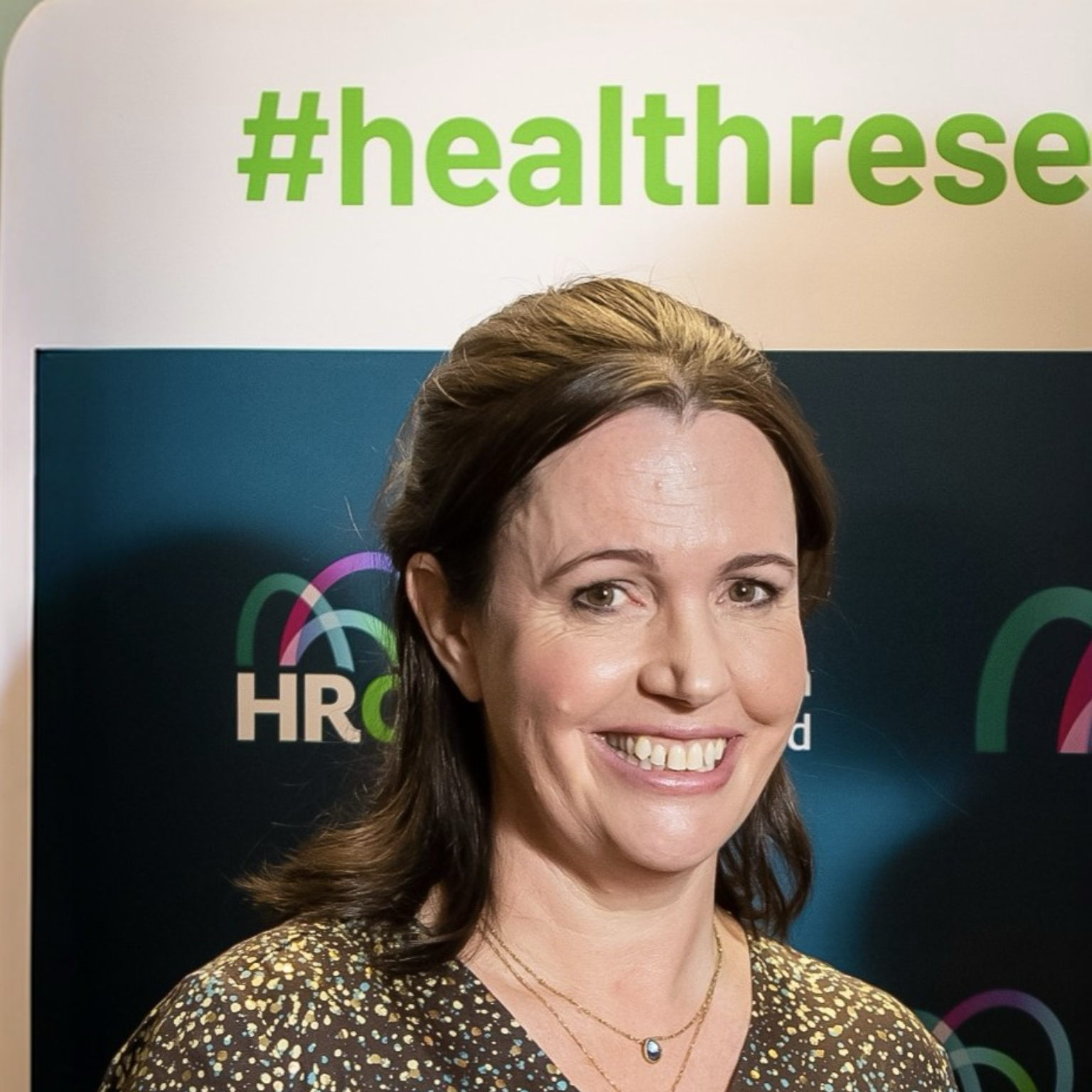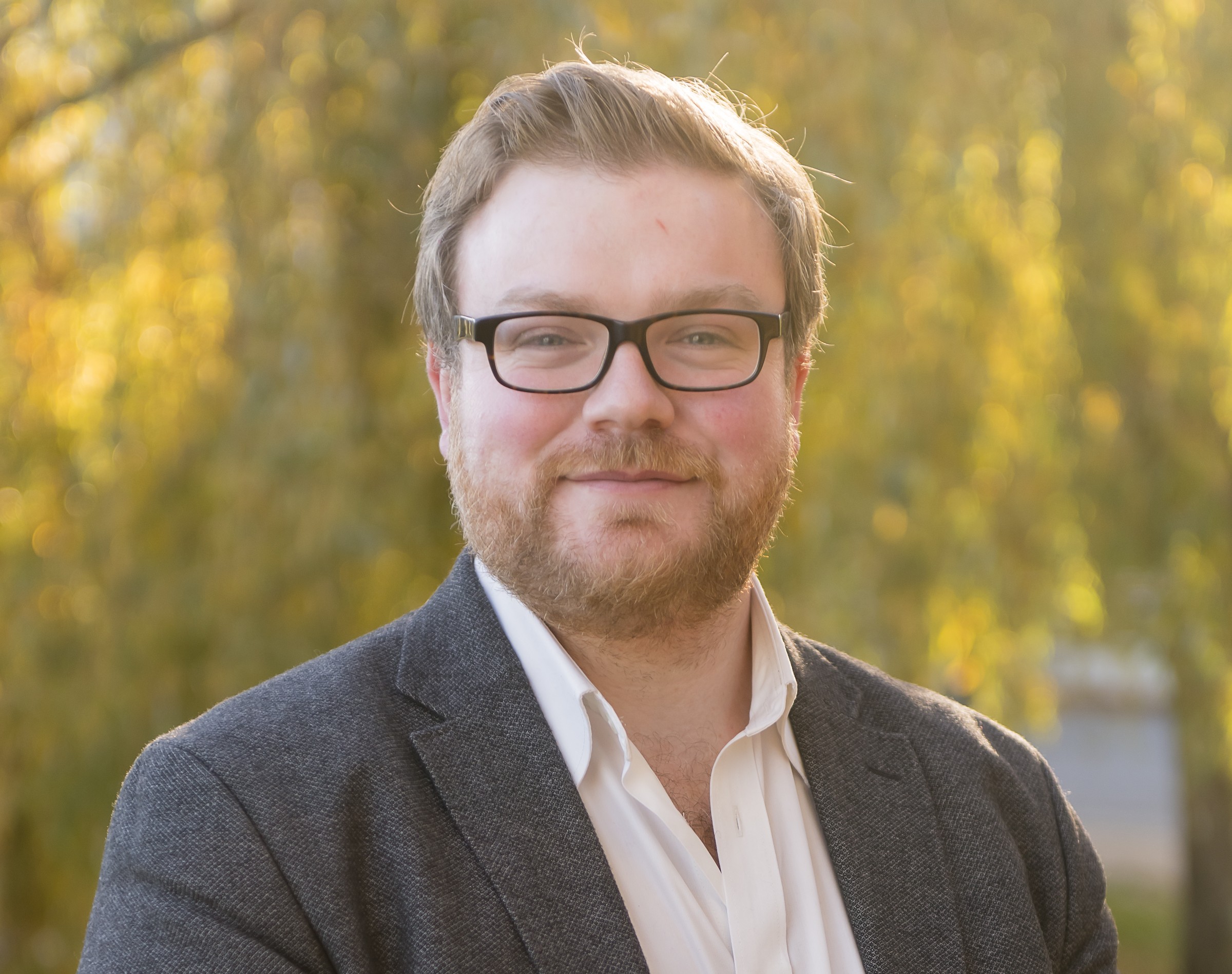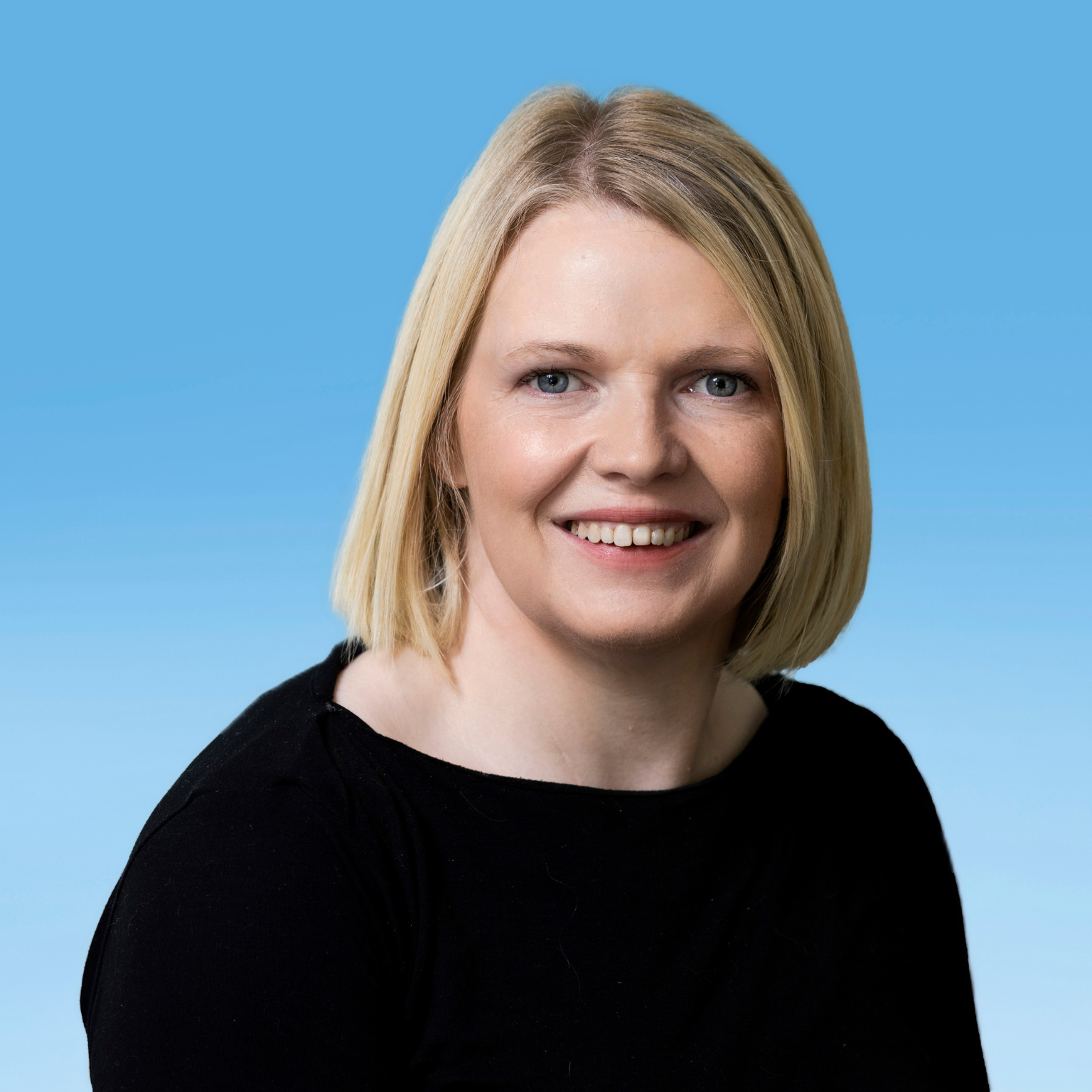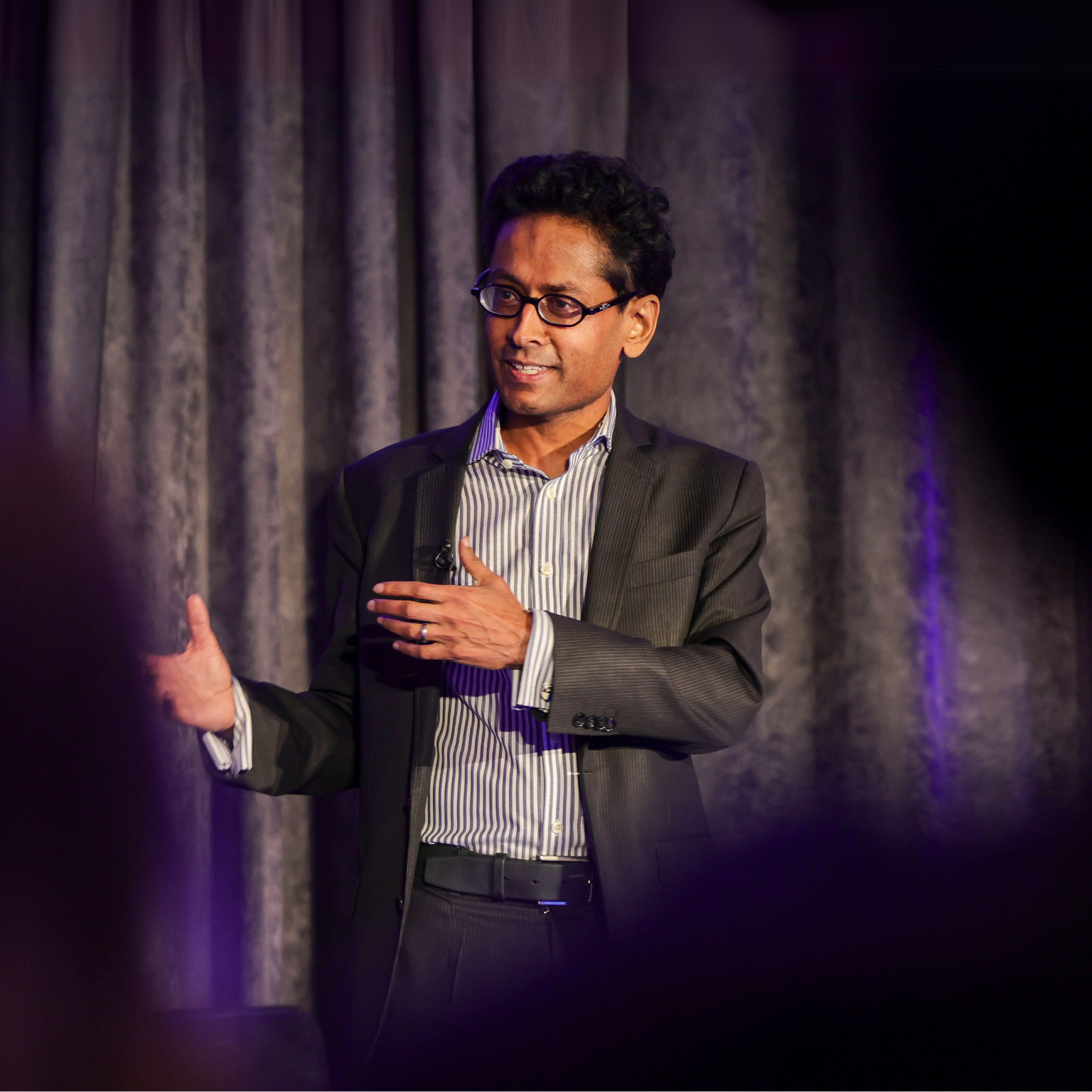HRCI – Joining the dots for research in health and social care
Health Research Charities Ireland is building a connected community in health research, and co-funds projects with the HRB to deliver impact for patients and the public, Dr Avril Kennan tells Dr Claire O’Connell about the journey.
5 min read - 27 Nov 2024

When Dr Avril Kennan first got involved with the Medical Research Charities Group (MRCG), as it was called back in 2013, she knew she had found her tribe.
A genetics researcher by background, today she is the CEO of the organisation under its newer name, Health Research Charities Ireland (HRCI), and she sees community as the driving agent of change in health.
She describes how, by bringing together a vibrant network and community, the organisation has amplified the collective voice of health charities, and with the HRB it has unlocked new research opportunities to improve the lives of the people they serve.
“Even though our member charities represent more than two million people in Ireland, the individual charities are often small, and they all have limited resources,” explains Dr Kennan.
“These charities have an incredible depth of knowledge and passion for their cause, and our role at HRCI is to help them make use of that knowledge and passion in the most impactful way for their communities.”
Shared learning
One of the key approaches the HRCI takes to help the collective is shared learning among its 45 member organisations, according to Dr Kennan.
“Our bread and butter is to bring our members together and keep them informed about the latest developments,” she explains. “It’s very much about helping people to learn, while also learning from them.”
In that spirit of open listening, HRCI is advised by the board of directors drawn from member organisations and external experts, and five of the organisation’s board meetings are open to members each year.
“We invite our members, we have a guest speaker, and we organise a lunch as well, which means again people get together and learn about topics of interest,” says Dr Kennan.
For the last 10 years, HRCI has also widened the net even further through the Irish Health Research Forum, a twice-yearly symposium and report about topics of interest to the health research community. It is guided by a steering group with representatives of patients, researchers, funders, the HSE, the Department of Health and others, and recent topics have included biobanking, research ethics, research in the health services and genomics.
Matched funding to scale up
But one of the HRCI’s flagship initiatives is its joint funding scheme with the Health Research Board. Over the past decade, this program has invested more than €27 million into 163 health and social care research projects.
“One of the beautiful things about the matched funding scheme is that it will fund any type of health or social care research, apart from clinical trials,” says Dr Kennan.
The focus of the HRB-HRCI funded projects is very much on the benefits they can bring for patients and their families, service users and communities, she notes.
Since 2022, the HRCI Research Impact Award has recognised that strong link between research and benefits.
The first recipient was geneticist Professor Sally Ann Lynch, whose research was supported by the HRB, the National Children’s Research Centre and the Children’s Health Foundation, Temple Street.
Through exome sequencing, the research helped families with rare diseases to shorten their diagnostic odyssey and get specialist medical support.
“Sally Ann produced short animated videos as well about genetics for patients, families and healthcare professionals, which have had a wider impact, with more than 1.4 million views,” says Dr Kennan.
Other HRB-HRCI-funded projects have looked at nutrition in Cystic Fibrosis, exercise in young adults or adolescents with physical disabilities and how to develop new drug therapies for rare diseases.
“The research can be life-changing for the people our members support,” says Dr Kennan. “It’s not only about publications and presentations – it’s about making a real difference in people’s lives.”
Inspired by science, study and patients
Dr Kennan’s own journey into research started with a teacher in school, Ms Costello, who encouraged her to study science – and ultimately microbiology at NUI Galway (now the University of Galway), where she met a patient who set her career direction.
“I met a really inspiring young man who had EB,” she recalls. “He has unfortunately passed away now but he was a positive person and when I was thinking of doing a PhD, his family told me that Professor Pete Humphries was researching EB in Trinity College Dublin, so that’s where I went to do my doctorate in genetics.”
When she finished her studies, charity founder Michael Griffith encouraged Dr Kennan to apply for the role of research manager at DEBRA Ireland, a charity that supports research into EB, and from there she joined the board of MRCG.
“I remember sitting with representatives from all these other health research charities around the table at the board meetings, and I was blown away by the level of knowledge around the table,” she says.
“What I hadn’t realised as a researcher, and I think many researchers don’t, is that the charities have a huge breadth of knowledge around research, policy, funding and PPI. I loved being there, absorbing everything.”
Potential for more
In 2017, Dr Kennan moved from DEBRA Ireland to take up the CEO role of MCRG, now HRCI. “I am always trying to have more impact on a wider scale, so this job was the perfect opportunity,” she says.
And, seven years later, her appetite for progress is undiminished.
“I think the community of health research charities has only grown stronger in Ireland, providing this really important interface between patient communities and the research community and the clinical community,” says Dr Kennan.
“I don’t think that breadth of knowledge Is fully recognised, and the role they have in things like communications and realising impact from research. I’m excited about this wonderful community, and I’m so lucky to work with these groups. I think there’s lots more potential there.”
5 min read - 27 Nov 2024



